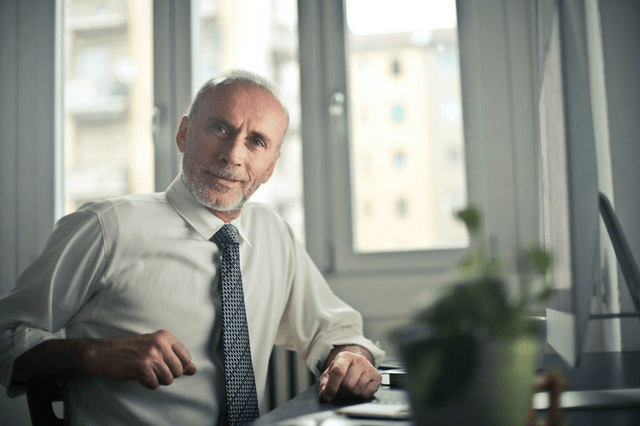
Keeping a healthy mind and body as you age
It’s a fact that people are living longer than they did in the past. Only 100 years ago, what we now think of as early middle age was equivalent to a full expected life span. Advances in health care, medical treatments, and an overall more sanitized and cleaner society have meant that it’s easier than ever to live well in our 80s and beyond.
The other side of the coin is that many older people live out a large proportion of their later years dealing with long-term health problems that affect both the body and the mind.
Maintaining a good level of mental and physical health as you get older is something that everyone should think about, as the two aspects definitely go hand in hand. Thankfully, there are many simple positive steps you can take to increase your chances of having a long life spent in the best of health.
Diet
Today, there is probably more awareness about what we eat than ever before. The obvious benefits of staying away from ultra-processed foods and trying to include as much natural organic produce in your diet are there for all to see.
Years of eating additives, pesticides and other unnatural elements in the food produced by modern methods can mean that the body accumulates heavy metals and other toxins. Taking control of your diet by educating yourself about what nutrients your body needs at different stages of your life will pay dividends when it comes to your health later on.
The physical aspects of a balanced diet are mostly the ones that are talked about, but mentally you can feel the positive actions of cutting out too much sugar as well as the effects from having those dopamine-hit reward treats under control.
Tech
Another obvious fact of living a longer life is that tech advances with us. Sadly, many people fall into the trap of becoming more and more technophobic as they get older, often showing an irrational fear of adapting to changes, which sometimes manifests as a simple “I can’t understand it” stance.
Tech developers, whether working in hardware or software, spend millions of dollars making sure that their products are easy to use and offer intuitive interfaces that make their functionality simple to access.
Of course, there can be actual physical limitations that can come into play – a miniaturized touchscreen keyboard might be difficult to use for someone with age-related visual impairment or lack of dexterity in their fingers – but there are always alternative tech solutions to get around these kinds of problems.
A great example is the wide range of medical alert systems for seniors that are available today. These simple devices can be carried on the person or arranged around the home, and using a spectrum of connectivity networks offers an immediate and easily accessed helpline option.
This tech can bring peace of mind to elderly people who may live alone and be at risk of falls or other acute medical scenarios, as it allows users to feel connected in a very real way to a safety net that might otherwise not be available to them.
Exercise
Recent research shows that taking up an exercise regime in middle age can have dramatic effects on both physical and mental health states in much later life. Staying active is the best way to make sure that you will be able to stay active!
One thing that is often overlooked in terms of exercise benefits is that the good results apply equally to body and mind. In the same way that muscles atrophy if they are unused, mental capacities diminish if there is not enough stimulation.
Learning a new language is often held up as a gold standard of making sure that mental alacrity is maintained in old age, but in fact tackling crosswords, Sudoku puzzles, or playing games such as chess all have similar effects.
Holistic approach
Whatever stage of life you might be at, as with most things, taking a holistic approach is usually the best way to get the desired results. If you concentrate on one area to the detriment of others, you will end up being unbalanced, and that is a real risk when you need to consider both mental and physical states and how they interact with each other.
Ultimately, there can be no ‘one size fits all’ solution for healthy aging – it’s a personalized process that each of us will have to deal with in our own way. Thankfully today, there are so many information resources available that it isn’t too hard to work out a plan. In fact, just embarking on that process can be something that helps to start good habits when it comes to keeping your mind active as you age.